Succulent i.d. needed
sowngrow (8a)
10 years ago
Related Stories

FUN HOUZZEverything I Need to Know About Decorating I Learned from Downton Abbey
Mind your manors with these 10 decorating tips from the PBS series, returning on January 5
Full Story
WORKING WITH AN ARCHITECTWho Needs 3D Design? 5 Reasons You Do
Whether you're remodeling or building new, 3D renderings can help you save money and get exactly what you want on your home project
Full Story
DECORATING GUIDESDesign Dilemma: I Need Lake House Decor Ideas!
How to Update a Lake House With Wood, Views, and Just Enough Accessories
Full Story
DINING ROOMSDesign Dilemma: I Need Ideas for a Gray Living/Dining Room!
See How to Have Your Gray and Fun Color, Too
Full Story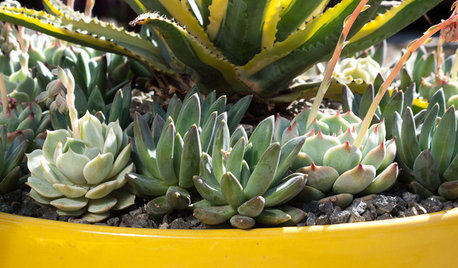
CONTAINER GARDENS3 Steps to Creating Quick, Easy and Colorful Succulent Containers
Take a bright container, add a colorful succulent or two and have a professional, summery design in minutes
Full Story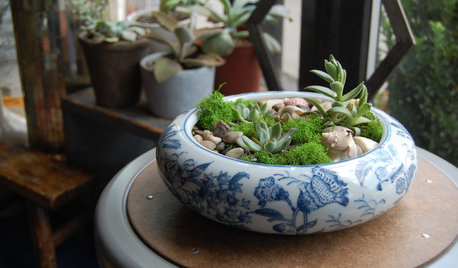
DIY PROJECTSQuick DIY Project: 3 Ways to Show Off Your Succulents
Create a simple yet lush vignette with a few plants and some everyday items
Full Story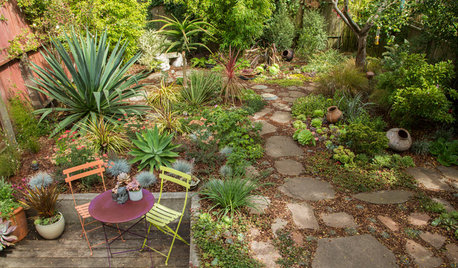
INSPIRING GARDENSSucculents Beautify a San Francisco Shade Garden
A garden designed to be viewed from above gets new drought-tolerant, wildlife-friendly plantings
Full Story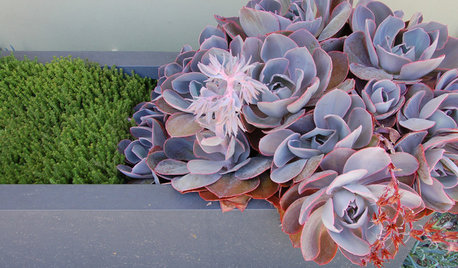
SUCCULENTSGrow a Garden of Succulents for Easy Beauty
Low-water plants in a wide range of colors, shapes and sizes? Sign us up — and check out our faves here
Full Story





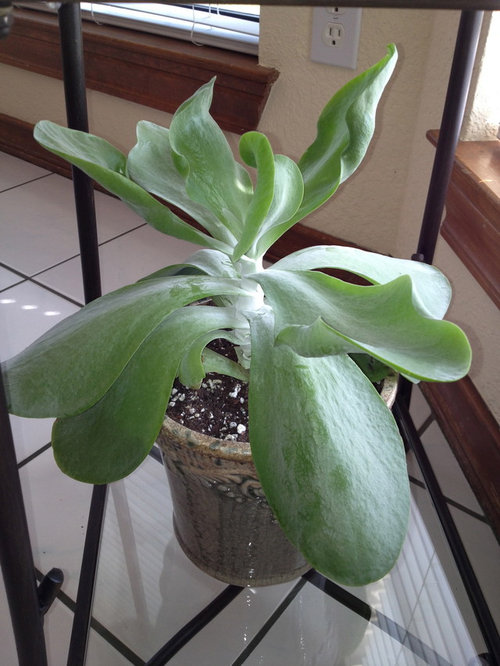

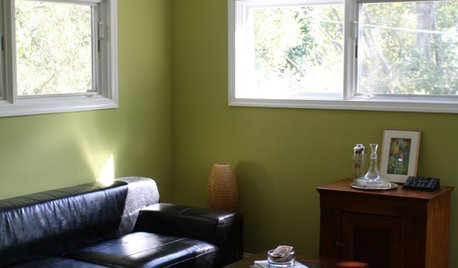
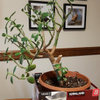
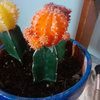
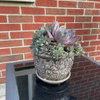
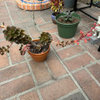
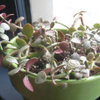
rosemariero
sowngrow (8a)Original Author
Related Professionals
Forest Park Landscape Architects & Landscape Designers · Belvedere Park Landscape Contractors · Merced Landscape Contractors · Middle River Landscape Contractors · Petaluma Landscape Contractors · Red Oak Landscape Contractors · Vadnais Heights Landscape Contractors · Bryan General Contractors · DeRidder General Contractors · Newington General Contractors · Riverdale General Contractors · Avenal General Contractors · Laguna Niguel Carpenters · Rocklin Decks, Patios & Outdoor Enclosures · Rogers Decks, Patios & Outdoor Enclosuressowngrow (8a)Original Author
rosemariero
sowngrow (8a)Original Author
lzrddr
sowngrow (8a)Original Author
rosemariero
sowngrow (8a)Original Author
rosemariero
sowngrow (8a)Original Author
lzrddr
sowngrow (8a)Original Author